all ages welcome
multilingual
public

all ages welcome
multilingual

Contributors: Hani Mojtahedy, Şermin Güven, Havin Al Sindi, Mehmet Gürü Avcu, Rojda Arslan, Ceni e.V., Günay Darici - Yekmal e.V + Kita Piya Kreuzberg, Nafis Fathollahzadeh + Künstlerhof Frohnau, Maviş Güneşer, Bişar İçli, Wansa Ismael, Jineology Committee, Jinwar, Misha Lylov, Spreeberlin - Symbiotic Lab, Wasserkostbar - KidsUni Floating
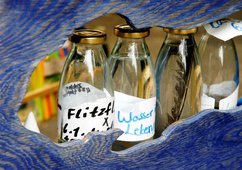
all ages welcome
multilingual
public
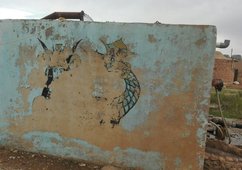
for adults
in German
public
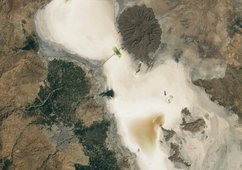
all ages welcome
Kurdisch
open for registration

all ages welcome
in German/in English
public
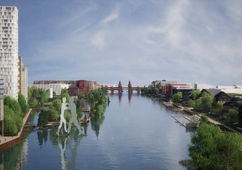
all ages welcome
in German/Flüsterübersetzungen
open for registration
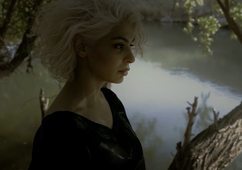
all ages welcome
all languages welcome
public

for adults and children older than 14
multilingual
public
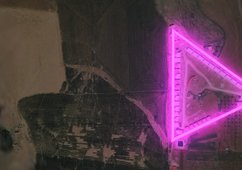
for adults
in German/Kurdisch
public
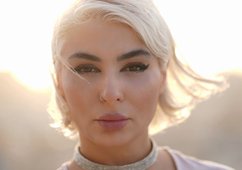
all ages welcome
all languages welcome
public
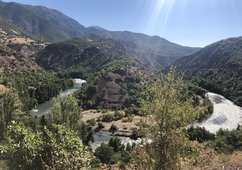
for adults
in German/Kirmançkî
public
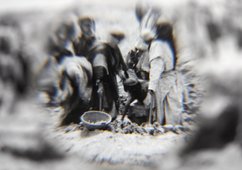
for adults
in German/in English
public
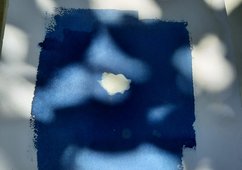
all ages welcome
in German/in English/in Arabic
open for registration
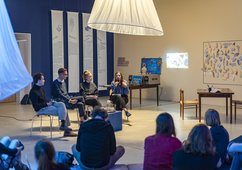
all ages welcome
in German
public
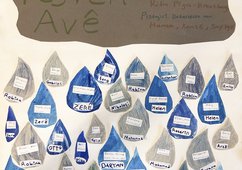
for children/accompanied by an adult guardian
in German/multilingual/Kurmancî
open for registration
The series of events will enrich the exhibition Wasserspiegel - Water Bodies with additional perspectives in order to raise awareness of the water problems in flux and common strategies for caring for them. To this end, Quasi Objects has designed an intergenerational space for listening, looking and sharing. In the riverbed, we look into the depths and provide space for new actors, impulses and stories.
The voices that speak about water justice, healthy water, cultural and river spaces and their rights can also be heard on the radio. The public program follows the water stories and picks up threads of conversation that will change the exhibition over time.
The formats of this program are as diverse as the rivers they come from. From performances and film screenings, to walks and various discussion formats, to workshops for young and old to take part in, everything is included.
We are looking forward to the exchange with you.
The following dates have already been set:
March 22, 2024 – Amed/Diyabakir: Water Day, workshop with children on rainwater harvesting with Bisar Icli
April 12, 2024 – Opening program: HJirok - Hani Mojtahedy Performance, Sharing Seed Stories
April 13, 2024 – Opening program: Along the Rivers, WasserkostBAR
2.-3. Mai 2024 – GAVÊN JINAN LI SER ŞOPA ÇEMAN / Women's path along the rivers, a workshop program in Qamislo, Rojava and online
A feminist collective conceptualization by Platforma Jin a Ekolojiê, Rojava University Institute for Ecology, Berivan Omar, Şermin Güven.
May 25, 2024 – Workshop about Lake Urmia and Lake Van with Ayhan Urmie, Kita Piya in Kreuzberg together with Yekmal e.V. as part of the Kurdish Culture Days
May 25, 2024 – Invisible water with Misha Lylov and more
May 30, 2024 – What matters? Water, talk at the University of Hamburg with Dr. Isabel von Holt (Institute for Liberal Arts & Sciences, University of Hamburg), João Eduardo Albertini and Lotta Schäfer (Spore Initiative)
June 9, 2024 – A riverwalk along the Spree with the SpreeBerlin initiative by Symbiotic Lab
June 14, 2024 – HJirok - Hani Mojtahedy Performance
June 29, 2024 – Jineology as a river of knowledge: A conversation with Jineology Committee and Jinwar, Havin Al Sindi and Ceni e.V. moderated by Şermin Güven
June 29, 2024 – Hani Mojtahedy @ 48 hours Neukölln
July 13, 2024 – River weekend: Munzur
Film screening of "Munzur" by Mehmet Gürü Avcu
A conversation with Rojda Arslan and Şermin Güven
July 14, 2024 – River weekend: Xabûr/Khabur
Film screening of "Khabur" by Nafis Fathollahzadeh
A discussion with Nafis Fathollahzadeh, Şermin Güven, Künstlerhof Frohnau and others

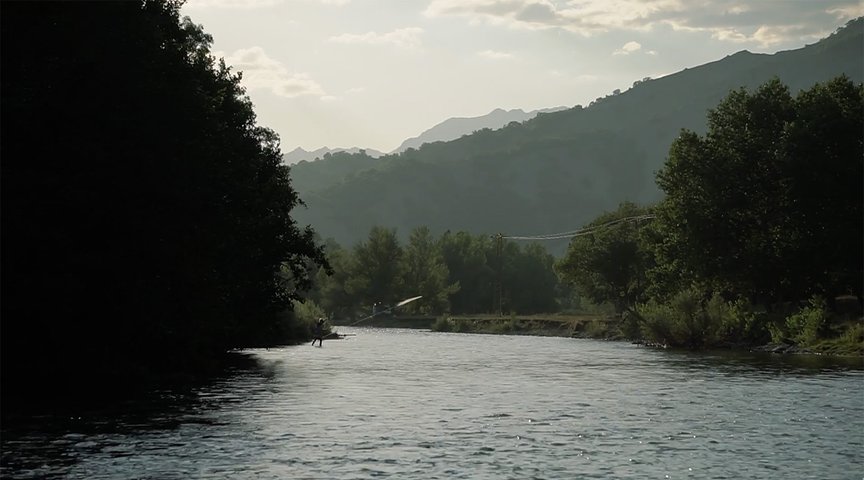 Video Still of Munzur
Video Still of Munzur(an incomplete list based on the event topics)
How do we harvest rainwater?
How do we communicate about the water crisis in Kurdistan?
Who are water protectors? What role do women play in caring for the water?
What role does applied knowledge play in caring for water?
What is the connection between the Kurdish diaspora and care practitioners in Kurdistan?
How rich in water is the Kurdish language?
What is the connection between women's science (Jineologi) and the ecological movement in Kurdistan and the diaspora?
How do we find the invisible green water? Who takes care of irrigation in the city?
What songs do we sing about the Spree? Who lives in the Spree?
What is the cultural and spiritual significance of the rivers?
Who were the people who carried out the excavations at Tell Halaf on behalf of German companies? What is the connection between the camera, the colonial gaze and war drones?